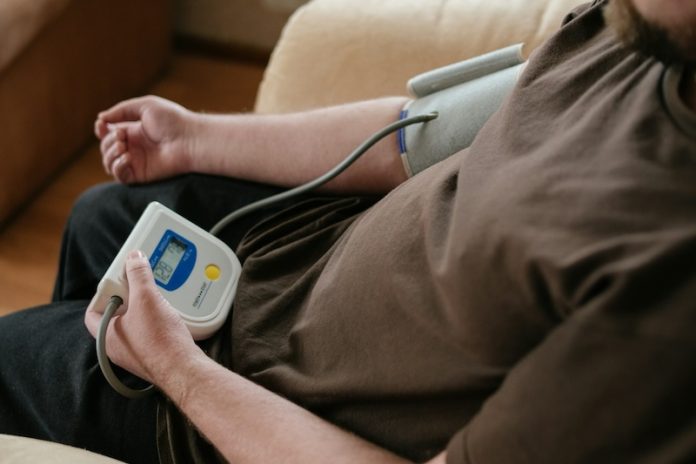
Painkillers are a common part of life for many people. From headaches to muscle pain, they offer quick relief.
But if you have high blood pressure, these medications might be more harmful than you think. Let’s explore why painkillers can be risky for people with this condition and what research tells us about the connection.
High blood pressure, also called hypertension, is when the force of your blood against your artery walls is consistently too high. It’s a serious condition that increases your risk of heart disease, stroke, and kidney problems.
Many people manage it with lifestyle changes and medications, but some everyday habits, like using certain painkillers, might make it worse.
Non-steroidal anti-inflammatory drugs (NSAIDs) are a common type of painkiller. These include medications like ibuprofen (Advil, Nurofen) and naproxen (Aleve). While they work well to reduce pain and inflammation, they can also raise blood pressure.
Studies show that NSAIDs can cause your body to retain salt and water, which makes your heart work harder and increases blood pressure. For people already struggling with hypertension, this added stress can lead to serious complications.
For example, a study published in the journal Hypertension found that people who regularly used NSAIDs had a higher risk of developing heart problems compared to those who avoided these drugs.
The research suggested that even short-term use could have measurable effects on blood pressure levels, particularly in people with existing heart or kidney issues.
Another concern is acetaminophen, also known as paracetamol (Tylenol, Panadol). While it’s often considered safer than NSAIDs, recent studies suggest it might not be entirely risk-free.
A study published in the Circulation journal found that regular use of acetaminophen could also increase blood pressure in people with hypertension. Although the effect was smaller compared to NSAIDs, it’s still something to be aware of if you have high blood pressure.
Prescription painkillers, such as opioids, can pose their own risks too. While they don’t directly increase blood pressure, they can lead to other problems like weight gain and reduced physical activity, which can worsen hypertension over time. Some opioids may also interact with blood pressure medications, making them less effective.
People often assume that over-the-counter painkillers are harmless because they’re easily available. However, research shows that the risks for people with high blood pressure are real.
If you frequently take painkillers, it’s important to talk to your doctor, especially if you have hypertension or other health conditions. Your doctor might suggest alternatives, such as topical pain relievers, physical therapy, or other medications that don’t affect blood pressure.
So, what can you do to stay safe? First, always read the labels on painkillers and look for warnings about high blood pressure.
Second, try non-drug methods for pain relief, such as heat or ice packs, stretching, or relaxation techniques. Third, keep track of your blood pressure if you take painkillers, and report any changes to your healthcare provider.
In conclusion, painkillers can be a double-edged sword for people with high blood pressure. While they help manage pain, they can also increase the risk of complications.
Being informed and cautious can help you make safer choices for your health. If you have high blood pressure and need pain relief, always consult your doctor to find the best option for you.
If you care about high blood pressure, please read studies about unhealthy habits that may increase high blood pressure risk, and drinking green tea could help lower blood pressure.
For more information about high blood pressure, please see recent studies about what to eat or to avoid for high blood pressure, and 12 foods that lower blood pressure.
Copyright © 2024 Knowridge Science Report. All rights reserved.



